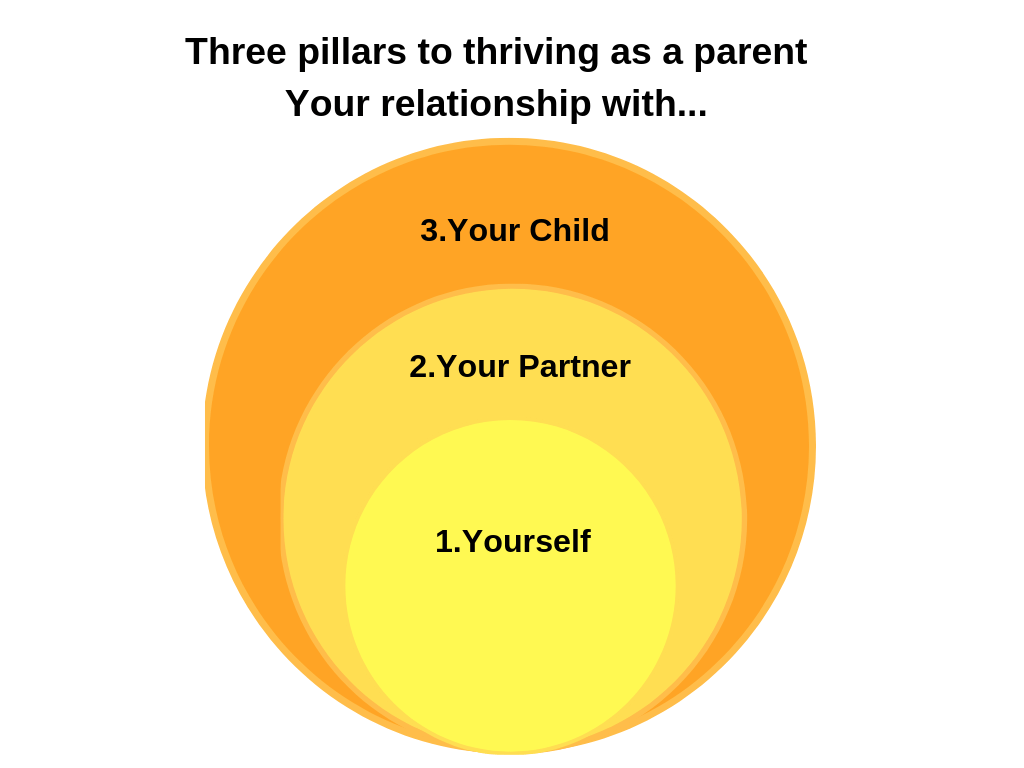Strong-Willed Kids or Future Game Changers?
He (or she) is determined to do the things that annoy you.... again, and again, and AGAIN.
One minute, he’s the sweetest child—his passion for things he loves is contagious. The next, he takes a game too far with his sister, and she ends up in tears.
He won’t slide across the car seat, making his siblings climb over him. And when it’s time to leave the house, the shop, school or a friend’s place.... he. never. comes. until. he. is. ready.
You’re standing on the sidelines shaking your head, muttering, “Can you believe he’s doing it again?”
Angela came to me worried about her husband’s response to their son, Buddy. She feared it was crushing his spirit.
Buddy often said no to simple requests, and her husband, John, felt disrespected and angry. He worried that if Buddy didn’t learn to follow instructions, he’d struggle to fit in at school or hold down a job one day. The tension and resentment between them were building.
During our session, we explored John’s leadership assessment and uncovered a powerful insight: Buddy’s motivations were the complete opposite of John’s. That difference was fuelling their conflict.
So I asked John: Have you ever considered that Buddy might be a budding entrepreneur, inventor, or innovator?
He was different.... strategic (even in winding others up!).... and followed his own compass. These are game-changing qualities if they’re nurtured the right way.
Is Your Child a Game Changer?
A London-based research team led by Dr. John Mervyn-Smith studied what makes a game changer. They identified two defining qualities:
Imaginativeness – The creative drive to do things differently.
Productive Obsessionality – The ability to hyper-focus on something meaningful, getting "in the flow" with a deep passion to solve problems.
These traits are often misunderstood. Imaginativeness can look like unreliability. Obsessionality can resemble compulsive or difficult behaviour. But when combined in a child?
They may just be the kind of original thinker the world needs.
How to Lead a Child Who Pushes Your Buttons
If your child regularly challenges you, it may not be because they’re difficult—it might be because they’re wired to change the game. But this doesn’t mean you abandon structure or values. Quite the opposite.
Here’s how you can lead your child while honouring who they are:
1. Keep Perspective
When you're deep in the day-to-day trenches of parenting, it’s hard to see the bigger picture. For kids like Buddy, the playing field can feel lonely. Their behaviours often push people away.... even when their true desire is connection.
Step back. Zoom out. Remember the long game.
2. Stand Firm in Your Values
You can acknowledge their individuality while still holding clear values like kindness, honesty, and consideration.
By naming both the value and the behaviour, you show your child they are seen and loved—and that they’re not alone on the field.
For example:
“When you don’t want to slide across the seat, I love that you know where you want to sit (acknowledgement). And we are considerate in our family (value). Next time, can you please slide across?”
3. Find the Usefulness in the Behaviour
Every behaviour has a place where it makes sense.
That resistance to moving? It could be the same determination that fuels a future innovation.
That refusal to follow? It could be the same conviction that helps them lead.
As a parent leader, your job isn’t to stamp out the fire.... it’s to channel it. You’re helping them find where their behaviour fits in the world.
You’re Not Raising a Problem. You Might Be Raising a Visionary.
Leading a strong-willed, highly imaginative child is one of the most challenging and rewarding tasks you'll face. But it’s not about control—it’s about connection, insight, and perspective.
And when you can hold their behaviours in the context of possibility, you begin to lead with purpose, not just pressure.
Want more support to lead your child with clarity, confidence and calm?
Inside The Stressed to Best Parent method, we’ll show you how to decode challenging behaviour, shift power struggles into partnership, and raise your visionary child without losing yourself in the process.

